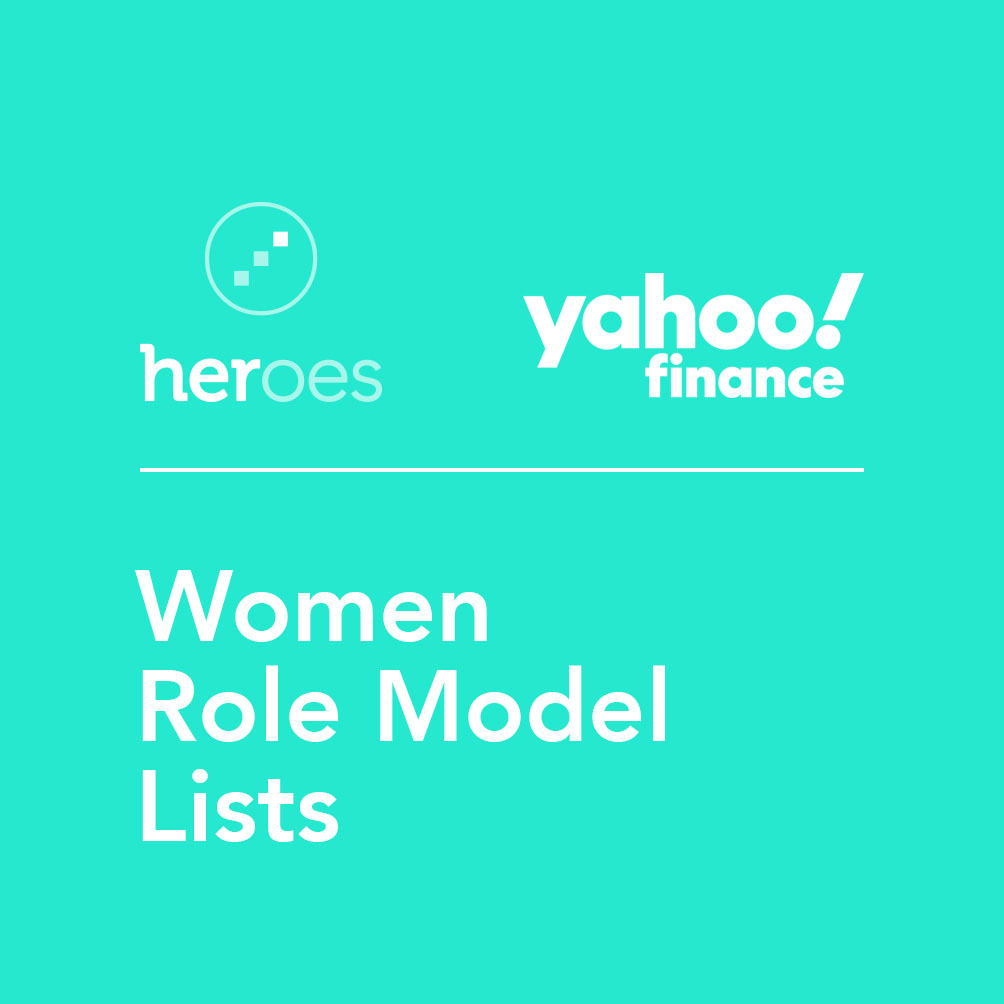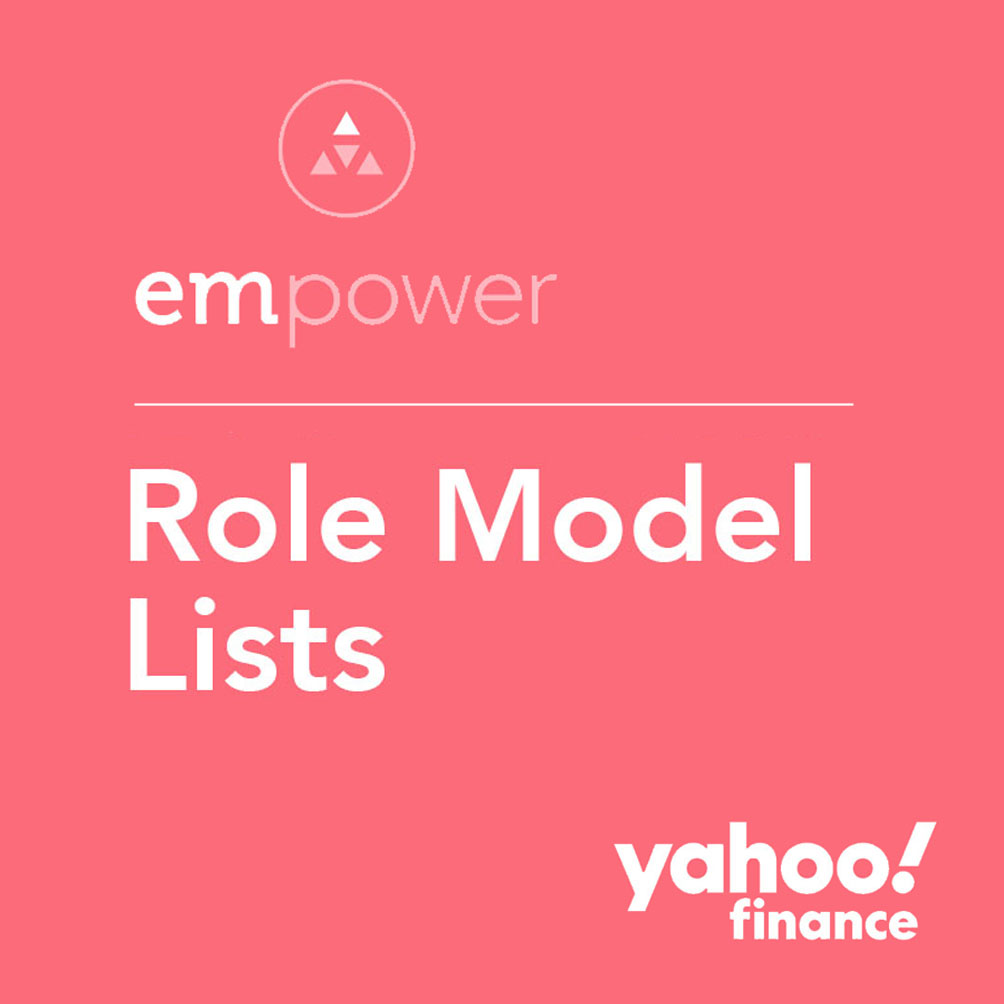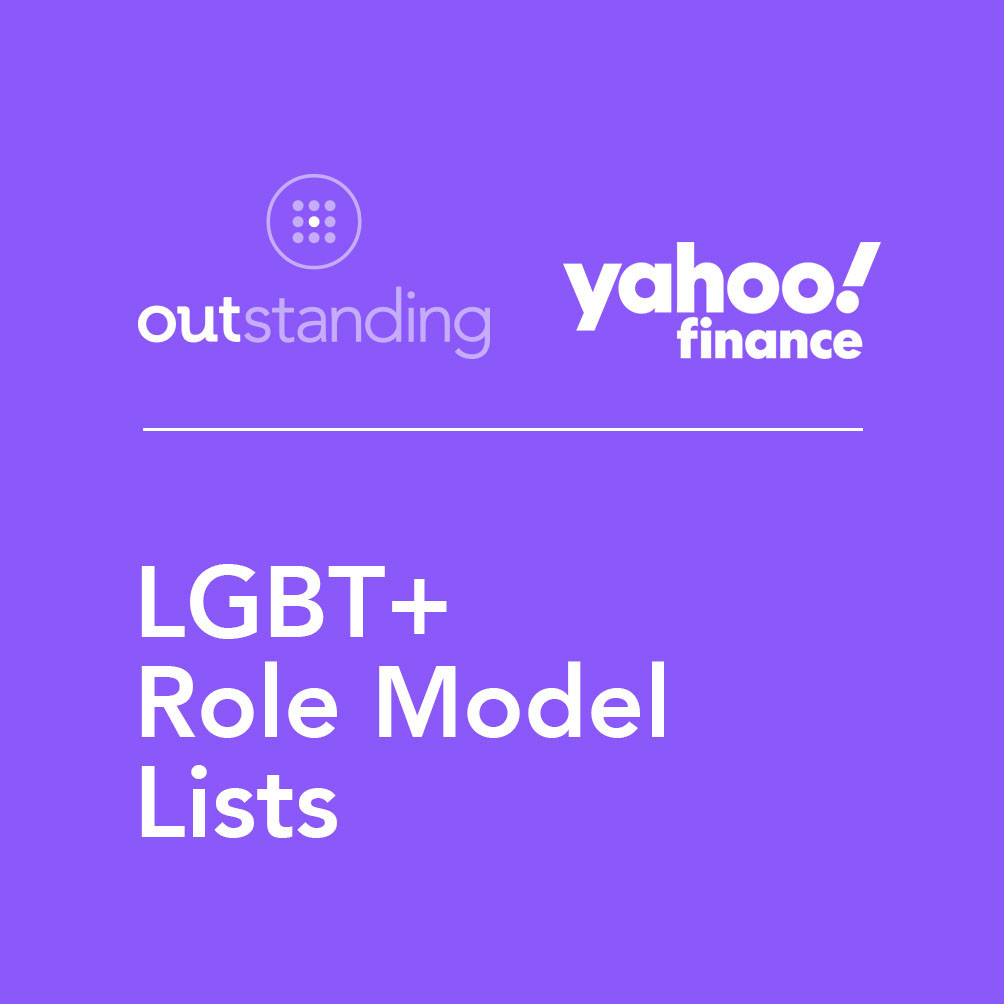USA
Distinguished Engineer – Kyndryl
Virginia is committed to creating a workplace, and sector, where women can thrive and succeed. She has never known a time when she didn’t want to be an engineer, and through her passion, expertise and knowledge gained is leveraging her platform and influence to drive positive, long-term change.
In a nutshell, please tell us a little about your career journey until this point.
My seed was planted 19 years ago at IBM Global Technology Services, which last year became a stand-alone IT services company – Kyndryl. That was my first job out of college, and I moved to North Carolina to be a Software Engineer. I learned technology from the ground level and developed strengths in enterprise automation and security. In every stage of my career, when I was most stretched, I now realize they provided me the most opportunities to grow. Persevering through challenges accelerated my learning.
Today, I’m a Distinguished Engineer in the Kyndryl Security & Resiliency Practice. I provide technical leadership to ensure secure and resilient systems are built to protect our customer’s business. Kyndryl supports 75 of the Fortune 100 companies – it’s a dream come true to have this privilege and partner with our customers to power progress around the world.
“I’ve learned to ‘own’ who I am and what I bring to the table. When I walk in a room, I walk in as myself. Representing my journey and experience.”
Who is your role model and why?
I’ve been blessed to have a village of mentors, whose careers helped me develop my own professional blueprint. Rhonda Childress, Kyndryl Fellow and Vice President broke through many ceilings in her career. She often reminds me, “Never let anyone write your own story.” This is one of my guiding principles that continues to empower me to always be my authentic self.
I also grew up with a mother, Virginia Lipa Mayo, who thinks I hung the moon. Mama raised me to be confident and to not put a limit to my dreams. She grew up selling fruits and vegetables in the palengke (Philippines wet market), which taught her valuable negotiating skills. She taught me everything I know, and she fed my passion for arts, sports, reading, and traveling.
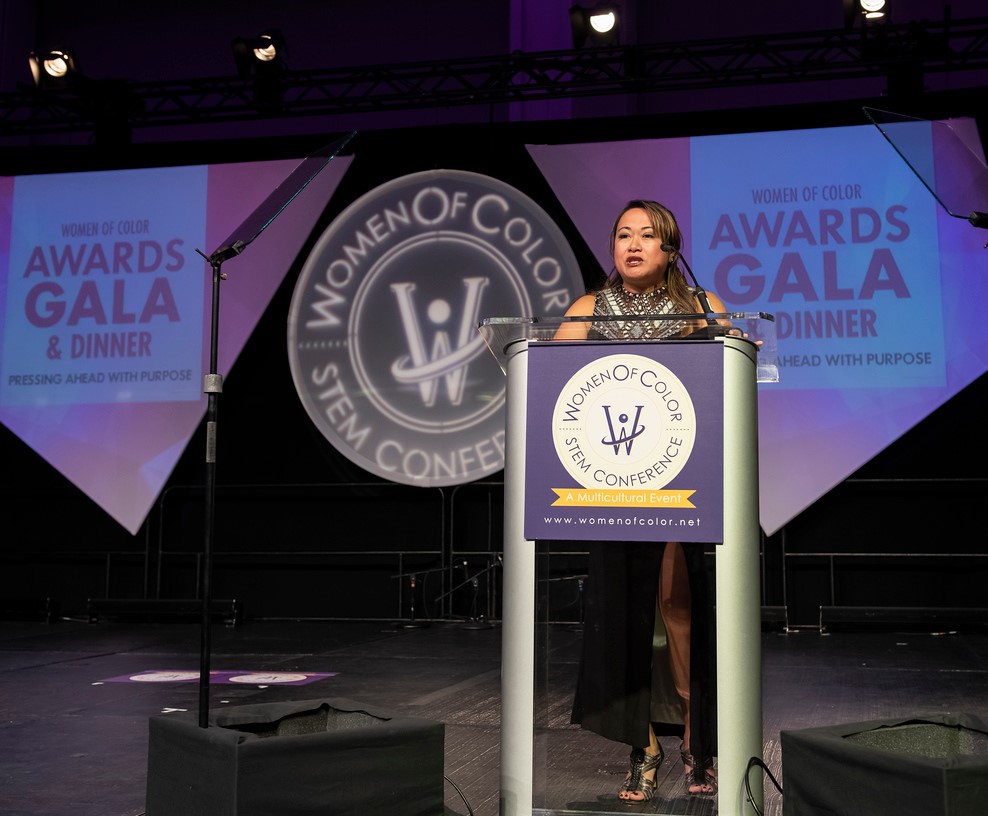
What did you want to be when you were growing up?
I never knew a time when I didn’t want to become an Engineer. My grandfather, Sebastian ‘Aste’ Mayo, quit his banker job to open the first talyer (workshop) in our hometown of Lipa City, Batangas in the Philippines. They made tricycles – a motorcycle with a sidecar – which are the vehicle of the masses in the Philippines. In our hometown, tricycles are the most important means of transport, especially in the far-flung barangays (villages). The smell of metal being welded always pulled me to the talyer, curious about what the mechanics are making from spare parts and scraps. They didn’t just make and repair tricycles, they made ATVs, repaired tractors and trailers. My love affair with building started here, witnessing my grandfather and his mechanics transform what looked like junk for many, to useful farm tools or quads that allowed them to move around the farm more efficiently.
“We have to keep fighting the good fight.”
What would you tell your 18-year-old self if they could see you now?
I would tell my 18-yeard-old self – never stop dreaming big, stay curious, work hard, be gritty, be authentic and best of all, be kind.
How has your personal journey informed the way you navigate your career?
My personal journey has shaped how I navigate my career because I strive to ‘bloom where I’m planted.’ I was 12 years old when my family migrated to New Jersey, US – it was huge culture shock. Adapting to a new language, a new way of life, made me resilient. There’s an innate reaction to shy away from challenges, but I found that the more you face them head on with a restless drive to continuously improve, the more you learn.
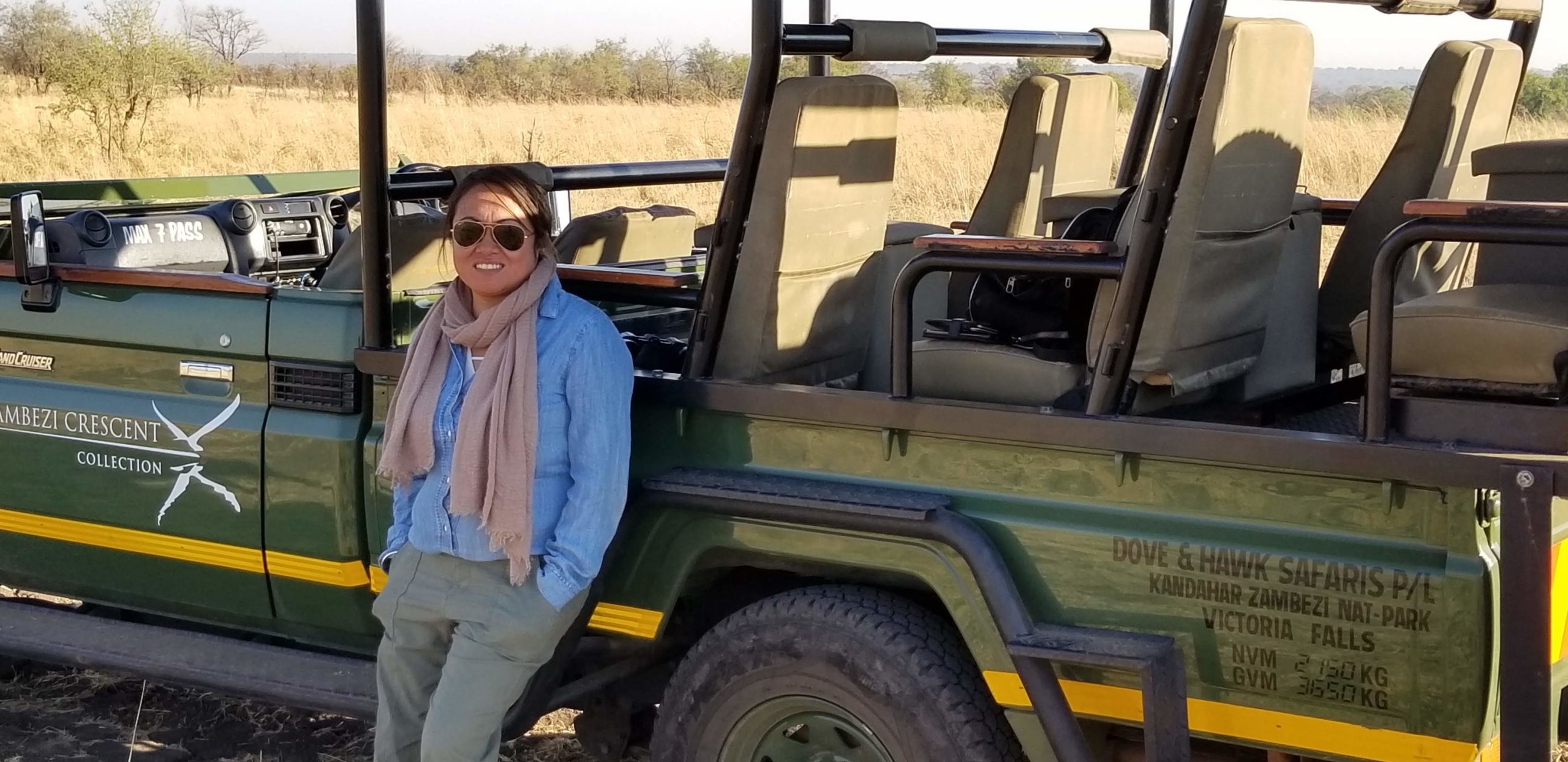
How have your lived experiences helped you in your industry today?
Resiliency has been a recurring theme in my life, personal and professional. I think that a good leader needs to be nimble and adapt to challenging situations and possess a range of traits to press on ‘when the going gets rough.’
Professionally, the pandemic as vastly changed cyber resilience. We need leadership to be agile because the old playbook no longer works. The disruption of the pandemic tipped the balanced and companies need scalable and flexible IT infrastructure, such as hybrid cloud. Next, the pandemic has accelerated the digital transformation of companies where leveraging AI, automation, and other exponential technologies is vital to make their business even more intelligent and responsive. Finally, customers need support to focus on their most important asset – the people at the heart of their company and how to shift them to work remotely and safely.
“Never stop dreaming big, stay curious, work hard, be gritty, be authentic and best of all, be kind.”
How has connecting globally with people in other countries influenced your thinking or approach?
Connecting globally with people highly influenced my way of thinking. This started for me at an early age when my mom took me with her, traveling through Southeast Asia. I learned to connect with people in a deeper level, be empathetic. Professionally, putting myself in my colleagues, customer’s shoes – has inspired me to strive for extraordinary results, the elusive win/win.
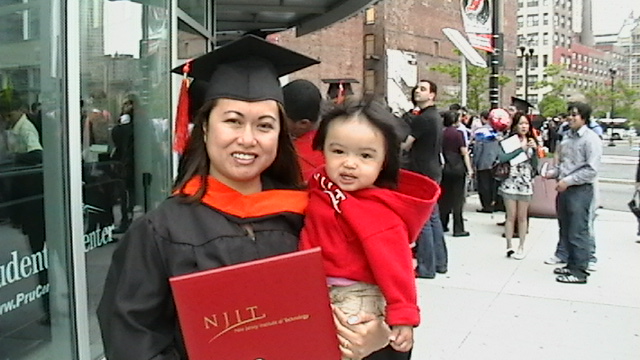
How do you think driving inclusion in your region differs from other parts of the world? Are there unique challenges or opportunities?
Driving inclusion in the US I think has a similar urgency across the world – it must be prioritized to foster innovation. Time and again, studies show how a diverse workforce is crucial to the development of new ideas which organically helps in retaining and attracting new business and top talent. The challenge is rippling this kind of transformational change may take longer in other parts of the world – shifting culture make take time. We have to keep fighting the good fight.
We often reflect on you can’t be what you can’t see, how far does this resonate with you and your own experiences?
I often reflect on “You can’t be what you can’t see.” People would tell me, “You don’t look like a Computer Engineer.” I respond with, “Thank goodness.” What can I say, I don’t fit the stereotype. I’ve learned to ‘own’ who I am and what I bring to the table. When I walk in a room, I walk in as myself. Representing my journey and experience. Instead of thinking of this as a hindrance, it fuels me to work hard, be resilient. I don’t look or think like other Computer Engineers and look at where that got me – First ever IBM/Kyndryl Filipino-American Distinguished Engineer. Because of that, I know there will be a 2nd, a 3rd…

